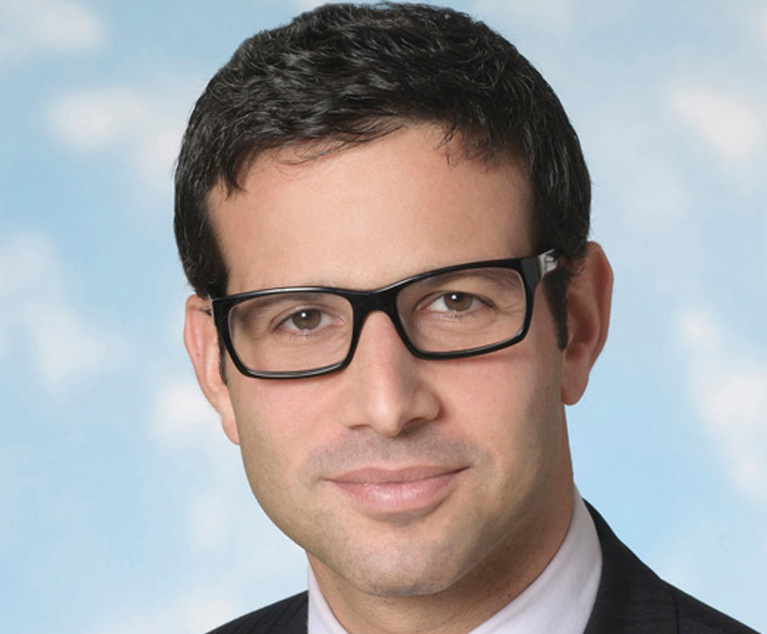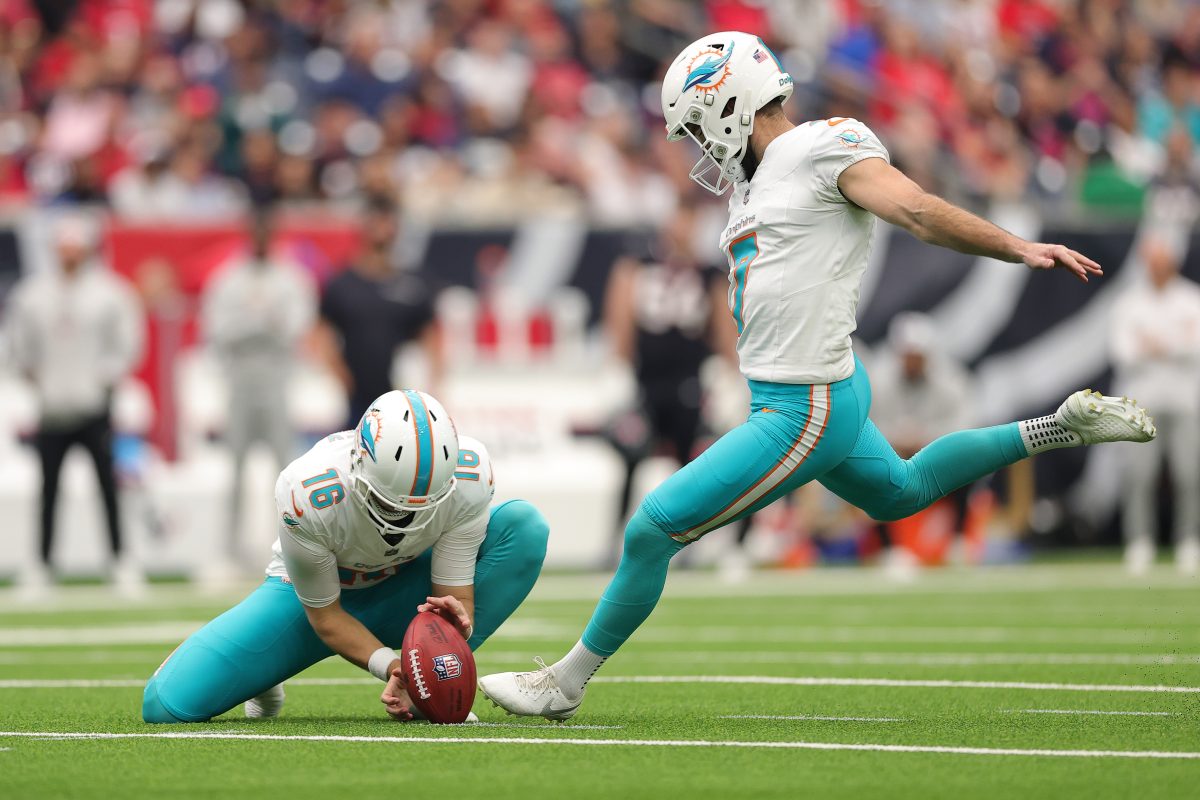Last September, Partners Group CEO David Layton made international headlines when he told the Financial Times that the world’s 11,000 private equity fund managers would consolidate into as few as 100 fund managers over the next decade.
But the underlying trend wasn’t news to Daniel Lavon-Krein, a partner in the investment funds group of Kirkland & Ellis and a member of the firm’s executive committee. In fact, Lavon-Krein is on a shortlist of attorneys who asset managers call when they want to sell part or all of their business.
Lavon-Krein, who formalized a general partner (GP) stakes platform that provides strategic advice to investors and asset managers, was named The American Lawyer’s Corporate Attorney of the Year, in the Capital and Solutions category, after a year of transactions that punctuated multiple decades of work in asset management M&A.
Lavon-Krein was selected from a list of eight finalists and announced as winner at the Industry Awards in November.
This year, Lavon-Krein advised infrastructure fund manager Global Infrastructure Partners on its sale to BlackRock for $3 billion in cash and about $12 million in BlackRock common stock shares. He also counseled Fortress Investment Group on Abu Dhabi sovereign investor Mubadala Investment Company’s purchase of 90% of the Fortress equity held by SoftBank Group, and advised Linden Capital in a minority investment from Blue Owl’s GP Strategic Capital Platform.
Lavon-Krein launched his career as an M&A lawyer in the mid-2000s, around the time GP stakes investing—wherein GPs sell a minority stake of their funds—began to take off. Rosemont Investment Partners began acquiring minority stakes in GPs in the early 2000s. Goldman Sachs launched a GP stakes unit, Petershill Partners, in 2007, while the Carlyle Group sold a 7.5% stake to an Abu Dhabi sovereign wealth fund the same year.
Other funds began selling stakes of themselves until a market developed that could accurately determine the value of an asset management firm.
“That was really helpful in order to provide a balance sheet to an asset management firm,” Lavon-Krein said. “It provides for succession and liquidity, which wasn’t possible outside of an IPO in the asset management business.”
Having helped pioneer the legal side of GP stakes investing, Lavon-Krein now has a front row seat to a generational sell-off.
“Firms that started in the 1990s or early 2000s—those founders are well into their 60s and 70s, so they have to start thinking about, what are you going to do to keep the business successful for multiple generations,” Lavon-Krein said.
Succession planning is just one reason fund founders may want to merge. Another is money: Managers who run funds worth eight to 10 figures aren’t just going to hand the keys to the next generation for nothing. “It becomes much harder when you know you own 50% of something worth $10 billion,” Lavon-Krein said. “To go and pass that on without having any sense or option for liquidity—it’s unrealistic to expect that to happen.”
General partners aren’t the only ones consolidating. The fundraising market had already been challenging for all but the largest limited partners (LPs) in the past five years, Lavon-Krein said, with COVID-19 only making things worse by separating LPs from their investors. Scale and size became more important as LPs exited the pandemic, with large investors preferring to deploy capital to one LP. “They don’t want to have 30 relationships for the same thing,” Lavon-Krein said.
To capitalize on the upcoming decade of consolidation, Lavon-Krein said he and his team at Kirkland aim to make their business advice as valuable as their lawyering. “We engrain in our attorneys, from associates to senior partners, that we need to listen to what our clients’ needs are and where they’re going,” he said. “When you listen very closely to client concerns, you can start to look around corners a little bit to see what’s next.”
Kirkland did just that when major asset managers like Dyal Capital Partners (now Blue Owl Capital) and Petershill began to shift their focus from hedge funds to private equity.
“We sat down as a firm and said, ‘GP stakes is something that’s going to be very active in private equity,'” Lavon-Krein said, adding that the firm hired talented asset management M&A attorneys ahead of expected demand. “As a result of that, we were really early in this business, which means we have a leading market participant role and a huge market share.”
But the practice will have to keep growing to service increasing client demand for asset management M&A, Lavon-Krein said.
“As a founder industry becomes a mature, stable asset class, consolidation is the obvious next step,” he said. “We’re trying to respond to what I personally think is a logical reality, as well as what we hear from the people we work for.”




